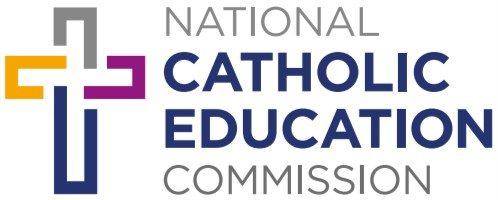The National Catholic Education Commission (NCEC) is extremely disappointed with the proposed reforms outlined by the Productivity Commission in its draft Future Foundations for Giving report.
“The recommendations of the interim report to reduce the tax deductibility status of building funds is a direct attack on faith communities and would have impacts across education, health and other social services provided by religious institutions,” National Catholic Education executive director Jacinta Collins said today.
“If these recommendations proceed, they will impede philanthropy in the religious sector – the exact opposite of the report’s Terms of Reference, which are to double philanthropic giving, not reduce it.
“For Catholic and other non-government schools, it will add a further financial burden on families who contribute to their school education and are already dealing with significant cost-of-living pressures.
“As highlighted in the Gonski review, the government needs a more comprehensive consideration of school capital than just tax and the Productivity Commission should look for ways to broaden the ability of people to give not to undermine longstanding well established practices.
“The Productivity Commission has not consulted with the Catholic education sector on these proposals and this surprise move was not foreshadowed in any conversations – the most recent being 14 November,” Ms Collins said.
“As the NCEC highlighted in our submission to the Productivity Commission, people of faith are more likely to donate and volunteer and contribute significant amounts to philanthropy – yet the Productivity Commission’s recommendation is a direct attack on recognisable charitable procedures.
“There is also no parity with government schools in school capital funding with Catholic school families and communities contributing nearly 90 per cent of funding required to support school buildings and capital works in Catholic schools. In 2021 alone, this investment was about $2 billion in capital projects, with federal and state governments contributing 4.4 per cent and 6.9 per cent respectively.
“This is in addition to the nearly $3.9 billion of after-tax dollars which the recurrent funding model expects parents and families will contribute towards their children’s education.
“Through these generous donations, facilitated by the current Deductible Gift Recipient framework, Catholic school communities contribute to Australia’s capital infrastructure through the construction and maintenance of school and community assets.
“Catholic education has served often disadvantaged Australian families to access quality education for over 200 years.
“Catholic education remains a popular and affordable choice which operates in a manner which the Productivity Commission has failed to demonstrate is contrary to a fair and principled approach.”
Direct attack on faith communities by the Productivity Commission
153.83 KB
